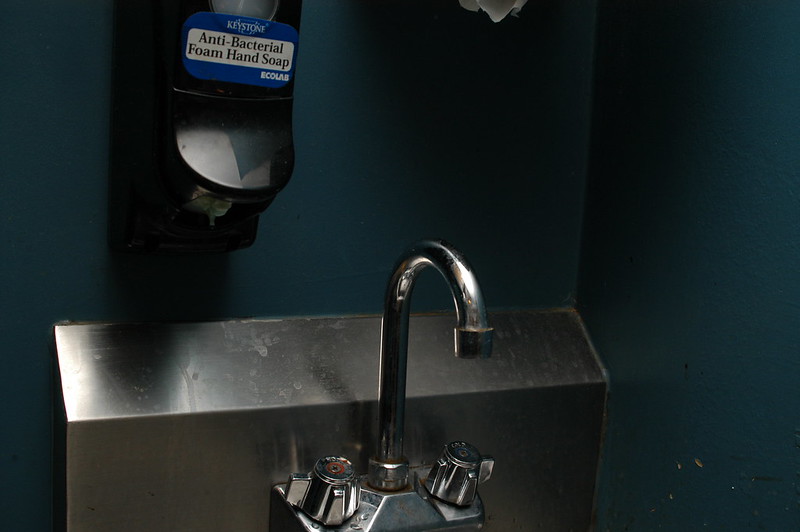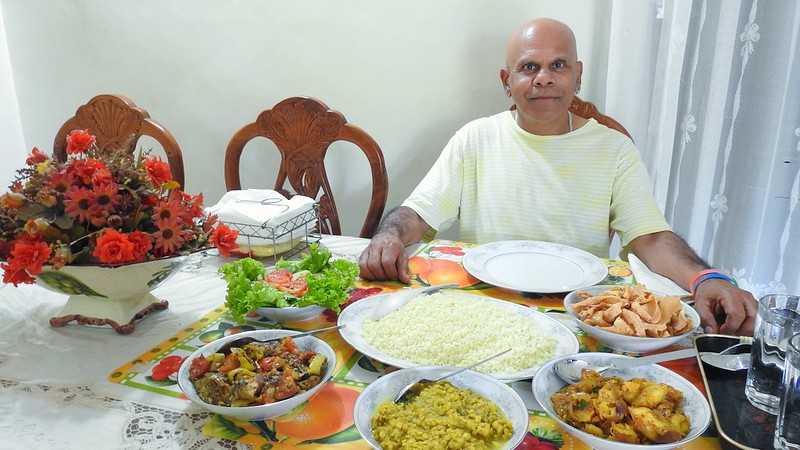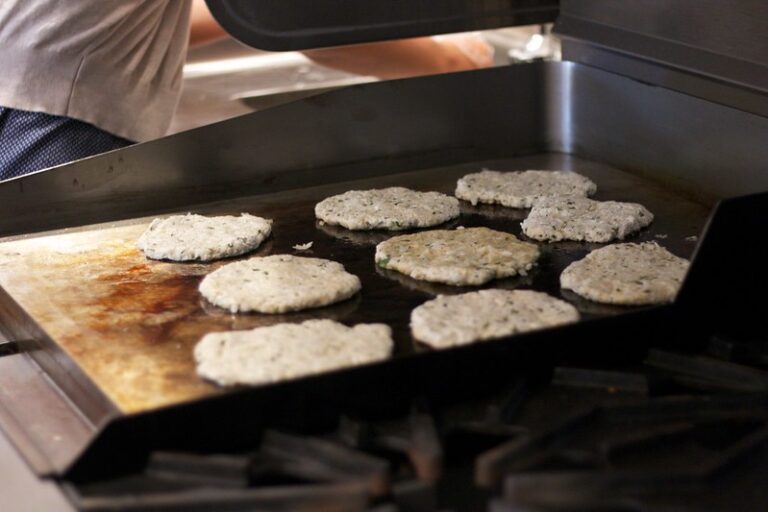My First Eye-Opening Experience
When I first arrived in Sri Lanka, I was eager to dig into my meal at a bustling street-side eatery. But before anyone touched the food, I noticed locals heading straight for a small basin of water with soap and a towel. It was my first hint that handwashing before eating is not just routine here—it’s an essential part of the dining culture.

The Cultural and Practical Reasons
Handwashing before meals in Sri Lanka is both a sign of respect and a hygienic practice. Traditionally, meals are eaten with the right hand, and using clean hands is considered crucial for both spiritual and physical well-being. Even in casual settings, skipping this step can be seen as careless or disrespectful.
How I Adapted to the Practice
Using Communal or Personal Basins
In homes and smaller restaurants, there is often a communal basin or a small tap for washing hands. I followed the locals’ lead: washing thoroughly with soap, rinsing well, and drying my hands before sitting down. The ritual felt simple, yet it added a sense of mindfulness to the meal.

Hand Sanitizers on the Go
While exploring cities or eating street food, I kept a small bottle of hand sanitizer handy. This allowed me to respect the custom even when facilities weren’t immediately available. I noticed vendors and fellow travelers doing the same, blending hygiene with convenience.
Tips for Observing This Custom
- Always wash your hands before eating, whether at home, a restaurant, or a street stall.
- Use soap and water whenever possible, or sanitizer as a temporary alternative.
- Be mindful of the cultural significance—this is seen as a sign of respect for the food and the people serving it.
- Observe locals to learn the correct way and flow of the handwashing ritual.

Final Thoughts
What began as a simple hygiene habit became a small but meaningful cultural lesson for me. Washing my hands before eating in Sri Lanka reminded me that even everyday practices carry deep significance. It’s a way to show respect, maintain cleanliness, and fully embrace the local way of life—something I now never skip, no matter where I dine.




Why It’s Important to Wash Your Hands Before Eating in Sri Lanka